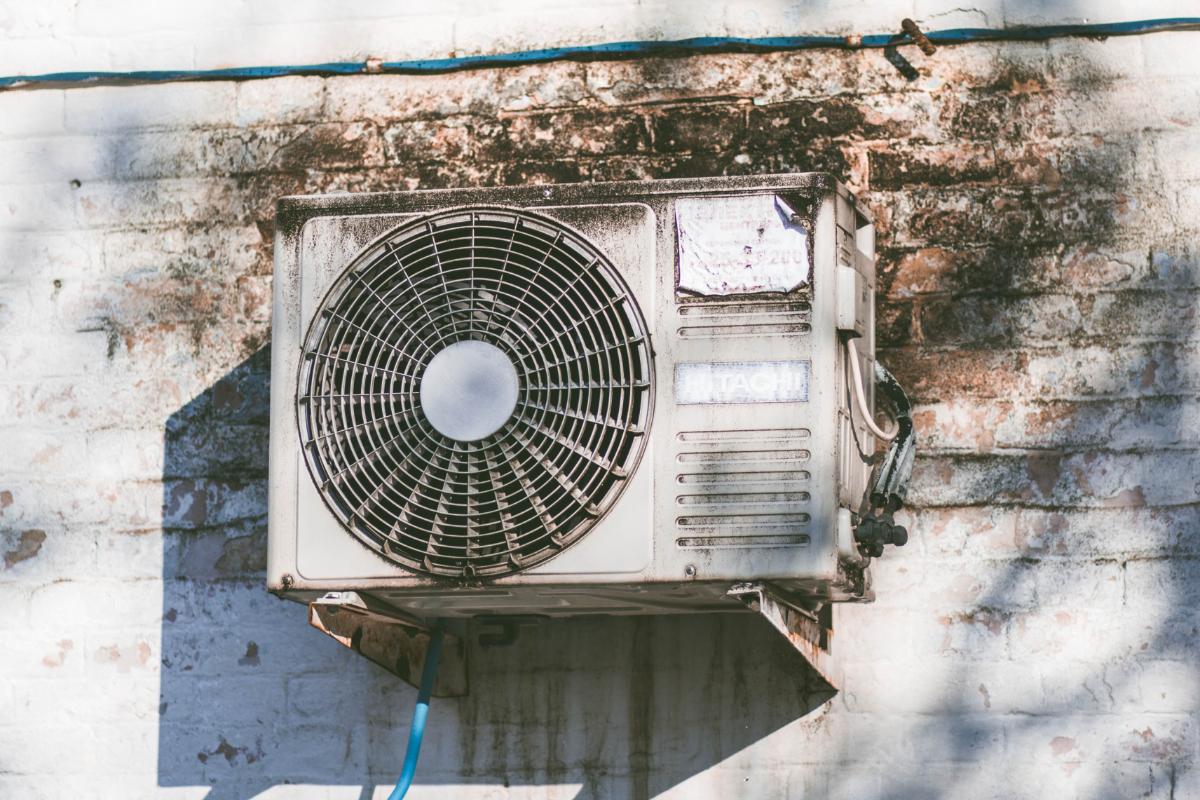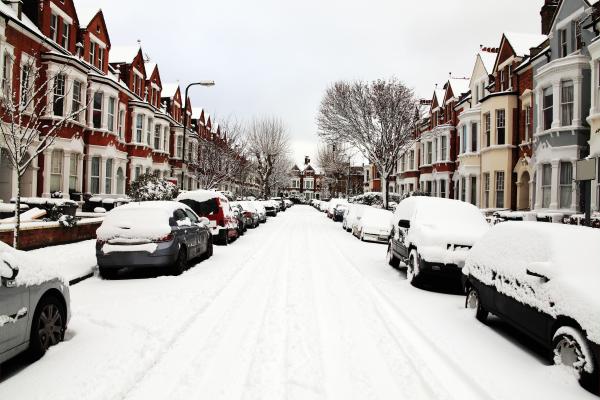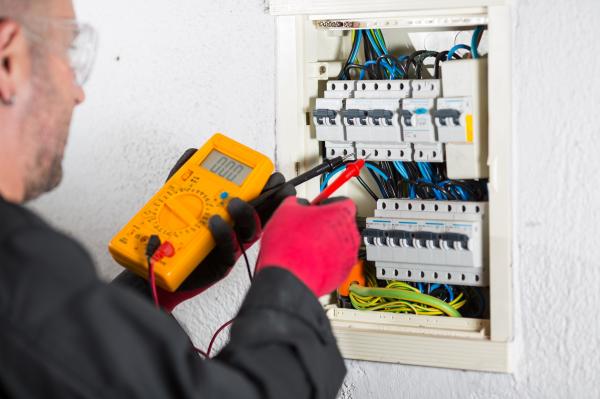
Who pays what during a tenancy, particularly energy bills, can cause
confusion between landlord and tenant. And it isn't just who pays for the
quarterly running costs. What happens if an appliance breaks down? Or if bills
go unpaid? Hopefully, we can clear up some of the confusion here.
The importance of the tenancy agreement
A well-drafted tenancy agreement is essential. It lays down the
responsibilities of both the tenant and landlord. And it's this document which must
clearly show who is responsible for paying the utility bills. There shouldn't
be any ambiguity. No room for doubt. The tenancy agreement must
clearly state who is responsible for paying the bills.
In the vast majority of assured shorthold tenancies, it will be the
tenant who pays the water, gas and electricity costs. But the tenancy agreement
must make this clear. If it doesn't either the landlord or the tenant could
find themselves facing unexpected expenses.
Only pay what you owe
The start of a new tenancy can be a busy time for all involved. The
landlord is concerned with all the paperwork and dealing with any fallout from
the previous tenant. The new renter has to cope with the stress of moving into
a new home. It's easy to overlook things
in the flurry of activity.
But on the first day of the tenancy, it's important not to forget to
take accurate meter readings. It's advisable to take the readings during the check-in process. At
this point, the tenant should also have the utility bills put into their own
name. This ensures the new tenant only
pays for the energy they use.
The tenant is of course only liable for the bills during the term of
their tenancy. Once the lease ends so
does their responsibility. Take a final meter reading during check out.
Getting the best deal
There are many different energy suppliers all offering special deals
for new customers. So, it can make financial sense to switch the supplier. And
the tenant is well within their rights to do this. The only exception is if the
landlord pays the bills. But if the tenant is responsible for energy costs then
they are within their rights to change
supplier.
If the landlord has a preferred supplier they could insert a clause in
the tenancy agreement which insists the tenant switches the supplier back again
before leaving the property. Otherwise, it's entirely up to the tenant which utility
company they use.
What happens if the tenant doesn't pay?
As detailed in the tenancy agreement the tenant must pay the energy
costs accrued during their lease. If they leave the property without settling
their account with the utility company they will still owe that money. The
utility company will take recovery action. Often the gas or electricity
provider will seek payment from the landlord. But they have no grounds to do
so. Their contract was with the tenant whose name appears on the account, not
the property owner.
When things go wrong
Appliances do break down. And with heating and cooling appliances it
usually happens at the wrong time of year. In the middle of a cold spell, you
can rely on the boiler packing up. And during a heat wave, it would be typical
for the air conditioning to break down.
But who is responsible for repairing the appliances and resolving any
issues?
Again the tenancy agreement is vital here. But except in the rarest of
circumstances, it's the landlord who must repair any faulty appliances. However,
the tenant should report the problem in a timely manner. The landlord must then
resolve the issue within a reasonable timeframe.
This doesn't apply to appliances owned by the tenant. For example, if
during hot summer the tenant buys a mobile air conditioning unit which then
develops a fault. It's up to the tenant to get the appliance repaired.
In between tenancies
In a perfect world when one tenant moves out another will move straight
in. It's then just a question of switching the energy accounts into their name.
However, should the property be empty for any period of time responsibility for
the bills returns to the landlord? During any void
periods, the landlord should make sure all energy accounts are transferred
to them. Just don't forget to change the details again when a new tenant moves
in.






